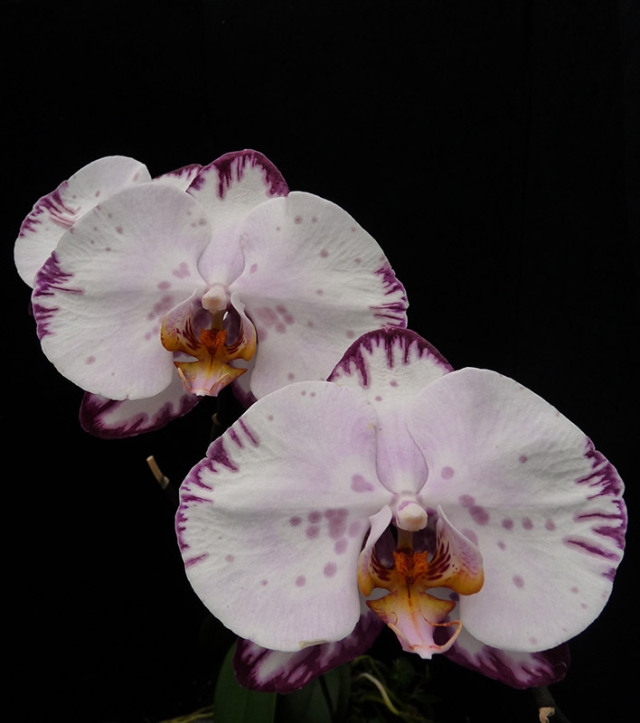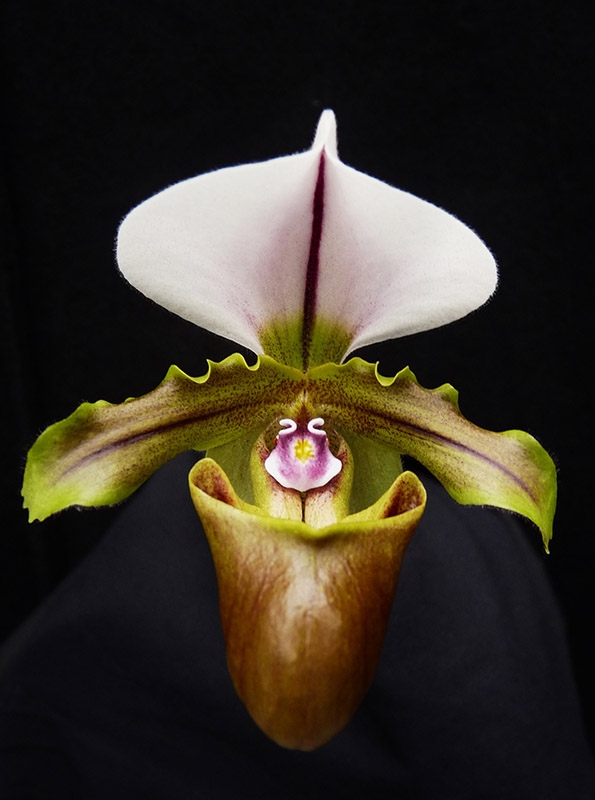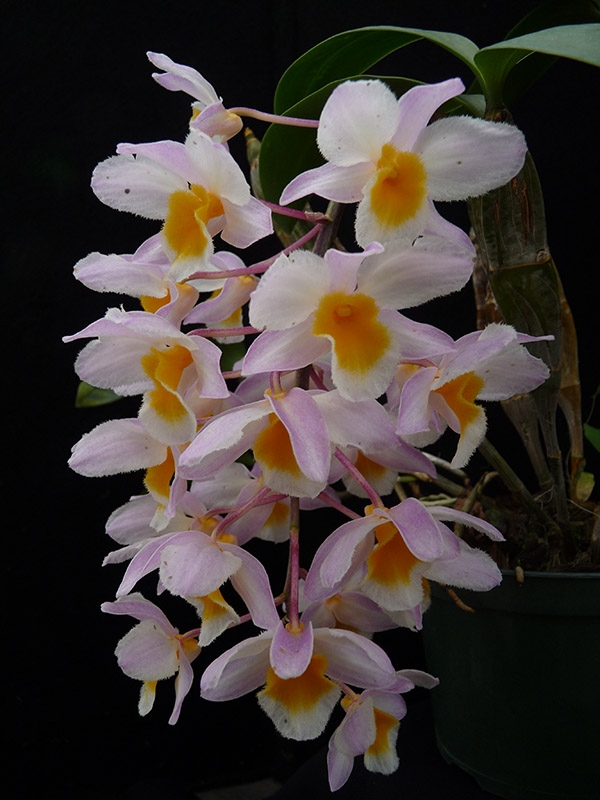Getting Started With Orchids
Once considered a hobby for the elite, new propagation techniques and the mass production of orchids has made the joy of growing these amazing plants accessible to everyone. Not too long ago, the only place to find orchids to purchase was through mail order catalogs. Now, they can be found at almost any garden center, box store or even your local grocer. Unfortunately, orchids have the undeserved reputation of being difficult to cultivate in the home. While this may be true of some orchid species, thankfully there are hundreds, if not thousands, of orchid species and hybrids now available to hobbyist. If you can grow a houseplant in a windowsill, there is an orchid for you.
Good Plants for Beginners
One of the best pieces of advice I ever received concerning growing healthy orchids was to research what conditions a plant wants and then provide those conditions. Sounds simple – right? Put another way: Don’t set yourself up for failure. Know what conditions you can provide and choose a suitable plant with those conditions in mind. Some of the best choices for the first time orchid grower are:
Phalaenopsis – Perhaps the number one choice for the first-time orchid grower is the Phalaenopsis, or moth orchid. They readily adapt to our home conditions and reward the grower with flowers that can last for months at a time. Phalaenopsis plants prefer warm temperatures, low light levels and need to stay constantly moist (but never soggy).

Paphiopedilum – Another popular choice for beginning orchid growers are Paphiopedilum, or slipper orchids. The flowers can be so ugly they are beautiful – it’s all in the eye of the beholder. Paphiopedilum orchids generally prefer low light levels, warm temperatures and must stay moist but not soggy. Paphiopedilum flowers are also long-lasting.

Dendrobium – The genus Dendrobium contains hundreds of species so there are a wide variety of cultural requirements for this group of plants. Most sold in garden centers will require bright light but can dry out slightly between waterings. Some will require a dry rest period in the fall and/or a drop in temperatures to encourage good blooming. You’ll need to research the specific Dendrobium you have.

Now that you’ve successfully grown and bloomed your first orchid, the sky is the limit! With so many species and hybrids to grow, an orchid hobby can last a lifetime. You can expand your orchid knowledge with the hundreds of books available on the subject, by researching online or by joining a local or national orchid society. And be sure to visit our Orchid Showcase. The possibilities are endless.
As your friends admire your beautiful orchids they will marvel at your horticultural prowess. I’ll let you decide whether or not to tell them that it really isn’t as hard as they might believe.
Please note: The Orchid Showcase will be closed to the public on Sunday, Jan. 29.
Add new comment